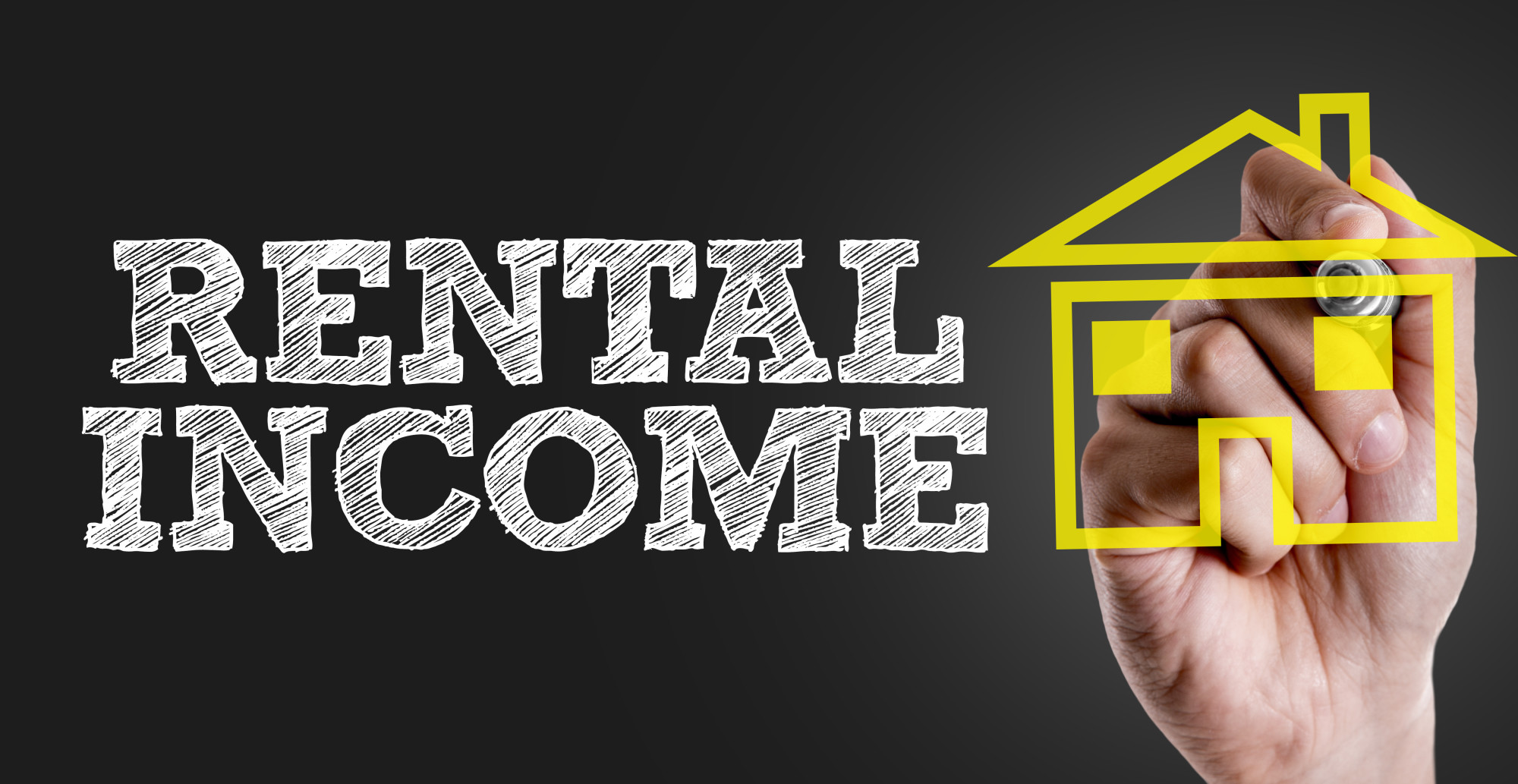Did you know the world rental market for real estate increased to USD 2,372.01 billion in 2022?
If you’re an investor, buying rental property may be one of your best options for making money and growing your portfolio. However, if you don’t know what to look for, buying the wrong property can mean losing money.
Investing in a rental property is a wise idea if you do your research and know what to look for. Want some help making sure you buy the right property? Here are seven questions to ask before you purchase rental property.
Learn more by reading this article!
Contents
- 1 What Is the Potential Return on Investment?
- 2 What Are the Local Vacancy Rates?
- 3 What Are the Associated Risks?
- 4 What Are the Associated Costs?
- 5 How Easy Is It to Find Tenants?
- 6 What Is the Average Length of a Tenancy?
- 7 How Much Work Will Be Required to Maintain the Property?
- 8 What Is the Average Rent for Similar Properties in the Area?
- 9 Ask These Questions Before You Purchase Rental Property
What Is the Potential Return on Investment?
Many people who are new to real estate investing ask what the potential return on investment (ROI) could be. This will help you determine if the property is a wise investment and if it’s likely to generate a positive return.
Several factors can affect the ROI of a rental property, such as the location, the condition of the property, the rental market, and more. It’s significant to do your research and understand all of the factors that could affect the ROI before making a purchase.
What Are the Local Vacancy Rates?
The vacancy rate is the percentage of rental units that are empty and available for rent. This number will give you an idea of how easy it is to find tenants for your rental property. A high vacancy rate could mean that there is not a lot of demand for rental units in the area, which could make it hard to fill your units and make a profit.
On the other hand, a low vacancy rate could mean that there’s high demand for rentals, and you may be able to charge a premium price.
What Are the Associated Risks?
Before you buy a rental property, it’s essential to ask what are the associated risks. This will help you determine if the rental property is a good fit for you and if the potential risks are worth the investment. Some risks associated with rental properties include tenant turnover, vacancy, maintenance and repair costs, and legal liability.
While these risks can be mitigated with proper planning and management, it is vital to be aware of them before you purchase a rental property. By asking this question, you can be better prepared to handle them if they arise.
What Are the Associated Costs?
Asking what the associated costs are will help you budget for the purchase and ensure that you are not overspending. The associated costs can include the cost of the property, repairs, and ongoing maintenance. You will also need to factor in the cost of insurance and property taxes.
It is critical to have a clear understanding of all the associated costs before you purchase a rental property. Also, have an accountant or financial advisor help you understand all the associated costs before you make a purchase.
How Easy Is It to Find Tenants?
Inquiring how easy it is to find tenants should be one of the questions you ask when considering purchasing a rental property. This is because the success of your rental business depends on having tenants. If it is difficult to find tenants, your rental property will likely not be profitable.
There are some factors to consider when asking how easy it is to find tenants. These include the location of the property, the amenities it offers, the type of property, and the rental market.
What Is the Average Length of a Tenancy?
When you are looking to purchase a rental property, it is important to ask, “What is the average length of a tenancy?” This will give you an idea of how long you can expect tenants to stay in your property. The average length of a tenancy is typically 2-3 years, but it can vary depending on the type of rental property and the location. For example, apartments in urban areas tend to have shorter leases than houses in suburban areas.
If you are looking for a long-term investment, you may want to consider a property in an area that has a higher average length of tenancy.
How Much Work Will Be Required to Maintain the Property?
It is necessary to ask how much work will be required to maintain the property. This will help you determine if the property is a good investment and if you can handle the required maintenance.
There are a variety of factors to consider when determining how much work is required to maintain a property, such as the size of the property, the age of the property, the condition of the property, and the number of tenants. If you are unsure about the amount of work required to maintain the property, it is a good idea to consult a professional for your rental property buying tips.
What Is the Average Rent for Similar Properties in the Area?
There are several reasons why asking what the average rent is for similar properties in the area is a smart question to ask before you purchase a rental property. For one, it can help you budget for what you’ll need to charge in rent to cover your mortgage payments, taxes, and other associated costs. Additionally, understanding the average rent in the area can help you anticipate how many tenants you might need to make a profit, and it can also give you a gauge for what kind of rental demand exists in the market.
Finally, knowing the average rent can simply help you set realistic expectations for your investment and understand what kind of returns you might be able to generate.
Ask These Questions Before You Purchase Rental Property
To purchase rental property, give yourself time to think about whether it’s the right move for you. Asking yourself and your agent these key questions will help determine if buying a rental property is right for you. Ask about potential ROI, local vacancy rates, associated risks and costs, and if it’s easy to find tenants.
Also, ask about the average length of tenancy, its maintenance, and the average rental. Be sure to do your due diligence to avoid surprises down the road.
If you want to find other helpful tips, check out the rest of our site.



